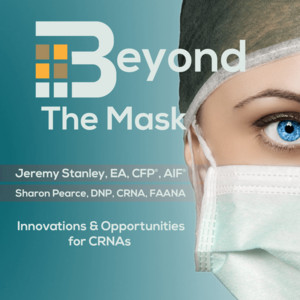- PANA
- Jan 27
Updated: Jan 29
The Pennsylvania Association of Nurse Anesthetists’ Diversity, Equity and Inclusion (DEI) Committee is chaired by Bimpe “Bebe” Adenusi, PhD, CRNA, APRN, CNE, FAANA, FNAP.
Other members include:
Dr. Dawn Bent, DNP, CRNA, FAANA
Keith Wieland, CRNA, MSN
Jacqueline Johnson, CRNA
Michael Willie, CRNA
Perpetua Auguste, SRNA
Ledys Janett, SRNA
Check out this video where they share their passion for DEI work and its importance to the association and profession!





















